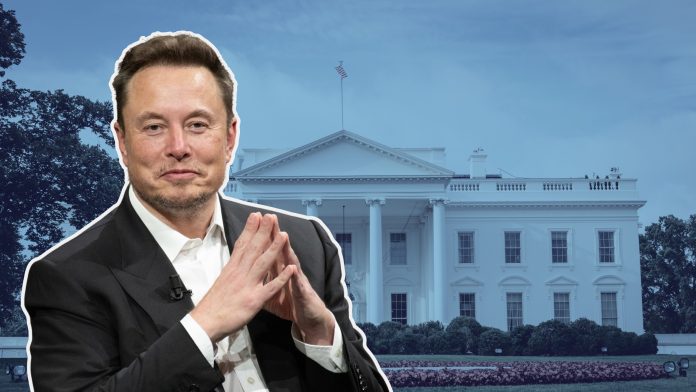Elon Musk’s significant influence over U.S. political affairs, combined with his Department of Government Efficiency (DOGE) leadership, creates an unusual accounting dilemma for Tesla’s accounting department. Under U.S. disclosure regulations, Tesla may be required to classify the U.S. government as a related party.
As the head of DOGE, Musk has been officially designated as a “special government employee” and has rapidly amassed power, spearheading the dismantling of multiple federal agencies while overseeing mass layoffs of thousands of government workers. His close relationship with President Donald Trump has only amplified his authority, with Musk frequently appearing alongside the president at public events and press conferences in the Oval Office.
Financial experts argue that Musk’s level of influence over government policies and decision-making fits the legal definition of a related party under accounting standards. The International Accounting Standards Board’s IAS 24 Related Party Disclosure clause defines related parties as entities where one can significantly influence the other’s operations and policies, raising concerns about whether Tesla’s financial position is affected by its ties to the government.
Tesla’s financial statements do not currently specify how much of its $98 billion in revenue comes from government contracts, making it unclear just how intertwined the automaker’s financial standing is with federal dealings. However, Tesla already classifies Musk’s other ventures, such as SpaceX and X, as related parties—though it asserts that transactions with those entities do not have a material financial impact.
The question of government influence over Tesla recently surfaced when reports emerged that the U.S. State Department planned to purchase $400 million worth of Tesla Cybertrucks. The agency later stated that it had put the deal on hold, while Musk himself dismissed the claim, saying he was unaware of such a contract. Despite this, Senator Richard Blumenthal has voiced concerns over potential conflicts of interest, particularly in light of Musk’s dual leadership roles at Tesla and DOGE.
Automakers such as General Motors and Chrysler have previously designated the U.S. government as a related party, but their situations were vastly different. During the Great Recession, both companies received federal bailouts in exchange for partial government ownership, necessitating transparency in financial disclosures. Tesla, on the other hand, is not facing financial distress, nor is it under government control—instead, the discussion revolves around the extent of Musk’s power over federal decision-making.
If Tesla ultimately classifies the U.S. government as a related party, the immediate impact may be minimal from a financial reporting standpoint, but the implications for transparency and oversight could be significant. Such a designation would require Tesla to disclose the nature and extent of its business transactions with the government, providing investors and taxpayers with a clearer picture of the company’s financial entanglements.




